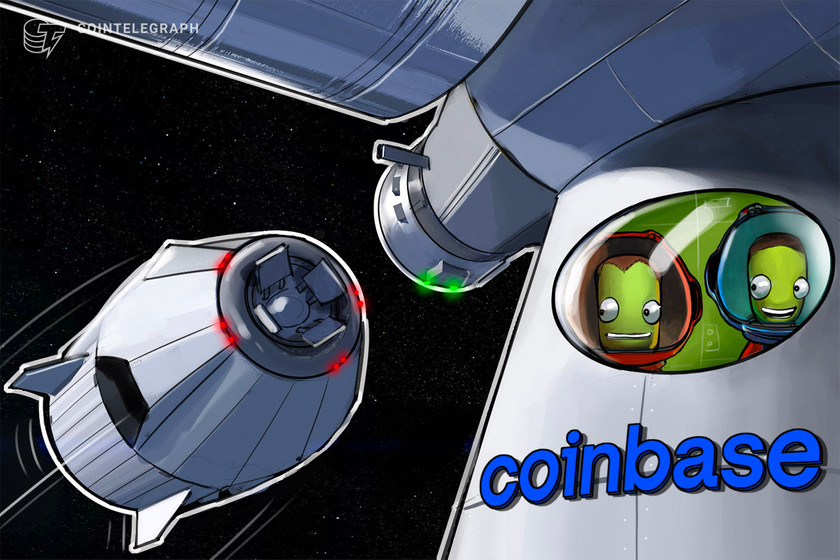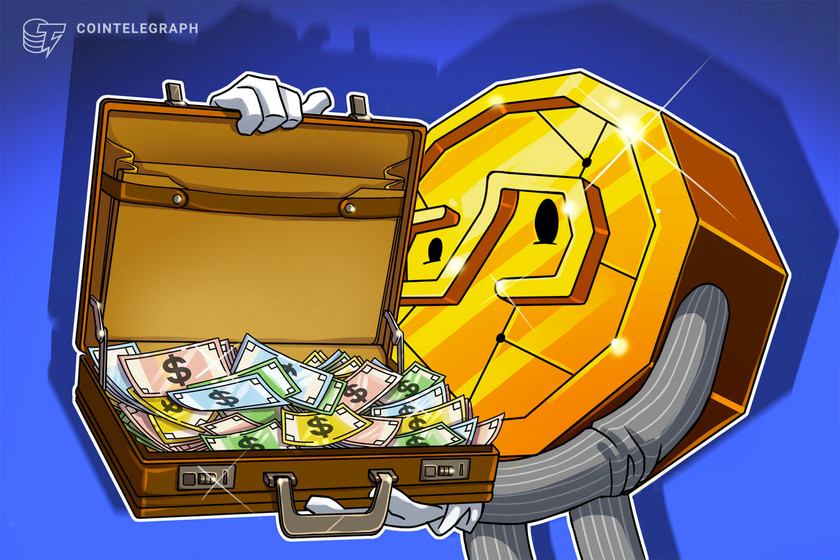The SEC is facing another defeat in its recycled lawsuit against Kraken


The Securities and Exchange Commission is suing Kraken for selling cryptocurrencies, but it looks like a recycled version of a losing lawsuit.
The legal duel between the United States Securities and Exchange Commission (SEC) and Kraken, a leading cryptocurrency exchange, looks like another misguided attempt by the SEC to exert control over an industry that fundamentally challenges an outdated regulatory playbook. The agency’s lawsuit, filed in November, accuses Kraken of operating as an unregistered securities exchange.
The lawsuit isn’t just a repeat of the SEC’s past failures.
The lawsuit isn’t just a repeat of the SEC’s past failures.
Related: Expect some crypto companies to fail in the wake of Bitcoin’s halving
Unlike traditional securities exchanges, platforms like Kraken offer a diverse range of digital assets that do not fit neatly into the securities framework.

























